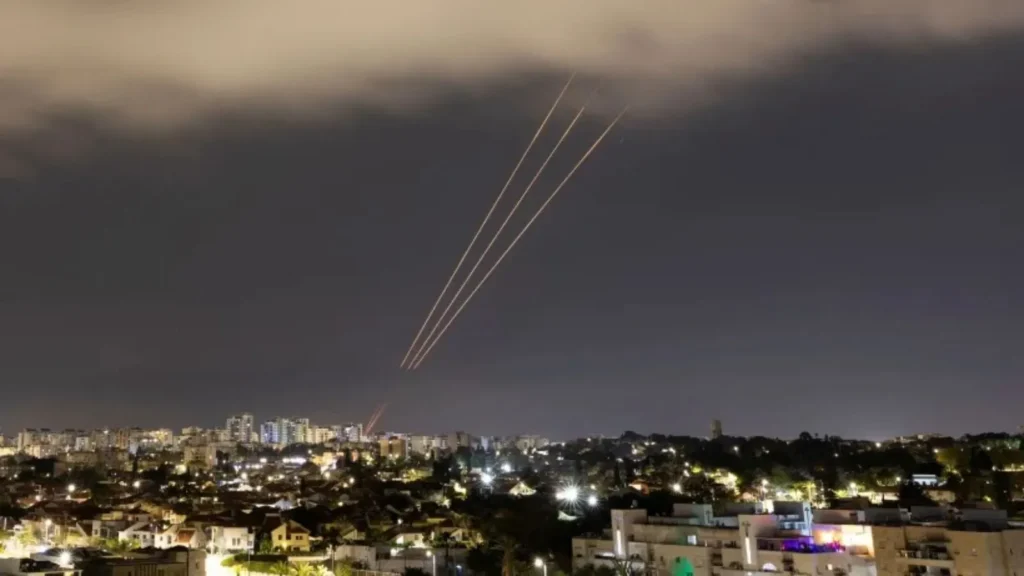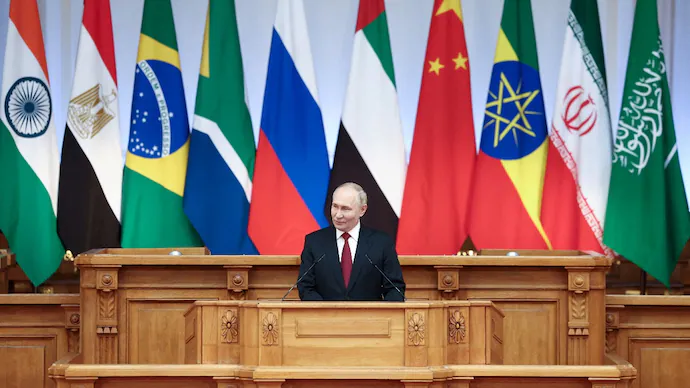Israel Strikes Iran: A Tactical Overview of the Recent Military Engagement
Introduction
In a significant escalation of regional tensions, Israel has launched airstrikes against Iranian military bases. This operation, described by Israeli officials as a response to ongoing threats from Iran, has drawn attention globally due to its implications for regional stability and international relations. The strikes, which reportedly caused “limited damage,” are a continuation of Israel’s long-standing strategy to counter perceived threats from Iran, particularly concerning its nuclear ambitions and support for proxy groups throughout the Middle East.
The relationship between Israel and Iran has been fraught with hostility since the Iranian Revolution in 1979. Iran’s support for militant groups like Hezbollah and Hamas, alongside its nuclear program, has made it a focal point of Israeli security concerns. Over the years, Israel has conducted various operations aimed at undermining Iran’s military capabilities, often justified as preemptive measures to protect its national security.

Details of the Strikes
On [insert specific date], Israeli forces targeted multiple military installations across Iran. Sources indicate that the strikes were precise and aimed at key facilities associated with Iran’s missile and drone programs. While the Israeli government has not officially confirmed the details, intelligence reports suggest that the strikes utilized advanced aircraft and possibly drones to minimize collateral damage and maximize operational effectiveness. Eyewitness accounts and satellite imagery have provided insights into the aftermath of the strikes.
Immediate Reactions
The Israeli government has framed the operation as a necessary step in maintaining its security. Prime Minister [insert name] stated, “We will not allow Iran to establish a foothold in our region or threaten our citizens.” This statement underscores Israel’s commitment to its defines strategy, which includes preemptive strikes against perceived threats. In response, Iranian officials condemned the attacks, promising retaliation. Iran’s military spokesman declared that “Israel will pay a heavy price for its aggression.”
Regional Implications
The strikes have significant implications for the broader Middle Eastern geopolitical landscape. Iran’s allies, particularly in Syria and Lebanon, are likely to reassess their positions in light of Israel’s aggressive posture. Moreover, the strikes could impact the delicate balance of power in the region. Sunni Arab states, historically wary of Iran’s influence, may view Israel’s actions favorably. This could lead to increased cooperation between Israel and these states, especially amid shared concerns over Iran’s nuclear aspirations.
International Reactions
The international community has been closely monitoring the situation. The United States, a key ally of Israel, has expressed support for Israel’s right to defend itself while urging restraint to avoid further escalation. European nations, meanwhile, have called for dialogue and de-escalation, emphasizing the need for diplomatic solutions to prevent a wider conflict.https://news.google.co.in/ The United Nations Security Council is expected to address the strikes, as both Israel and Iran may seek to garner international support for their respective positions. The potential for sanctions or diplomatic repercussions will likely hinge on how the situation evolves in the coming days and weeks. Central to this conflict is Iran’s nuclear program, which many countries fear could lead to the development of nuclear weapons. Israel has long advocated for stringent measures to curb Iran’s nuclear ambitions, including military action as a last resort. As both sides prepare for possible retaliation and countermeasures, the risk of escalation looms large. http://Israel Strikes Iran: A Tactical Overview of the Recent Military Engagement
